Welcome to Overshoot: Have a Nice Day
The best scientific estimates tell us human civilization is in overshoot. Were you aware of this? Do you know what overshoot is? This year (2019), Earth Overshoot Day falls on July 29.
Since 2003, scientists at Global Footprint Network have been analyzing UN data and satellite imagery to estimate the planet’s capacity to meet our needs (biocapacity), and humankind’s footprint – or demand (ecological footprint) – on that capacity. Their analysis suggests we have been in overshoot since about 1970.
Computer modeling by a team of MIT scientists in 1972 estimated the scale of human activity on the planet would cause systems to fail within a hundred years. Such failure is expected when humanity’s footprint on the planet consistently exceeds its carrying capacity.
Since 1972, study after study, and report after report, has warned we are in overshoot – the sum total of human activity is too much for the Earth’s ecosystems to bear. Welcome to Overshoot explores overshoot’s causes, effects, and possible solutions, as well as some of the barriers to solving the problem.
Participants:
Reported by: Dave Gardner
Interviews:
William Catton, author of Overshoot: The Ecological Basis of Revolutionary Change
Brian Czech, author of Supply Shock: Economic Growth at the Crossroads and the Steady State Solution, and executive director of the Center for the Advancement of the Steady State Economy
Herman Daly, author of Beyond Growth: The Economics of Sustainable Development
Paul Ehrlich, Stanford Biologist, author of The Population Bomb
Kerryn Higgs, author of Collision Course: Endless Growth on a Finite Planet
Ian Johnson, former World Bank vice president, former secretary general of Club of Rome
Bill McKibben, environmental journalist, author of Falter: Has the Human Game Begun to Play Itself Out?, co-founder of 350.org.
Dennis Meadows, lead scientist, The Limits to Growth
Kate Raworth, author of Doughnut Economics: 7 Ways to Think Like a 21st Century Economist
William Rees, co-originator of ecological footprint analysis
Bill Ryerson, President of Population Media Center and Chair of Population Institute
Juliet Schor, Professor of Sociology at Boston University and author of True Wealth: How and Why Millions of Americans Are Creating a Time-Rich, Ecologically Light, Small-Scale, High-Satisfaction Economy
John Seager, CEO of Population Connection
Gus Speth, former chair, White House Council on Environmental Quality, Co-Chair of the Next System Project
Mathis Wackernagel, founder of Global Footprint Network and co-author of Ecological Footprint: Managing Our Biocapacity Budget
Rex Weyler, environmental journalist
Links:
Ecological Footprint: Managing Our Biocapacity Budget by Mathis Wackernagel and Bert Beyers
(pre-order the book now, publication date is September 3, 2019)
Move the Date
Solutions to accelerate the shift to one-planet living
For further exploration:




